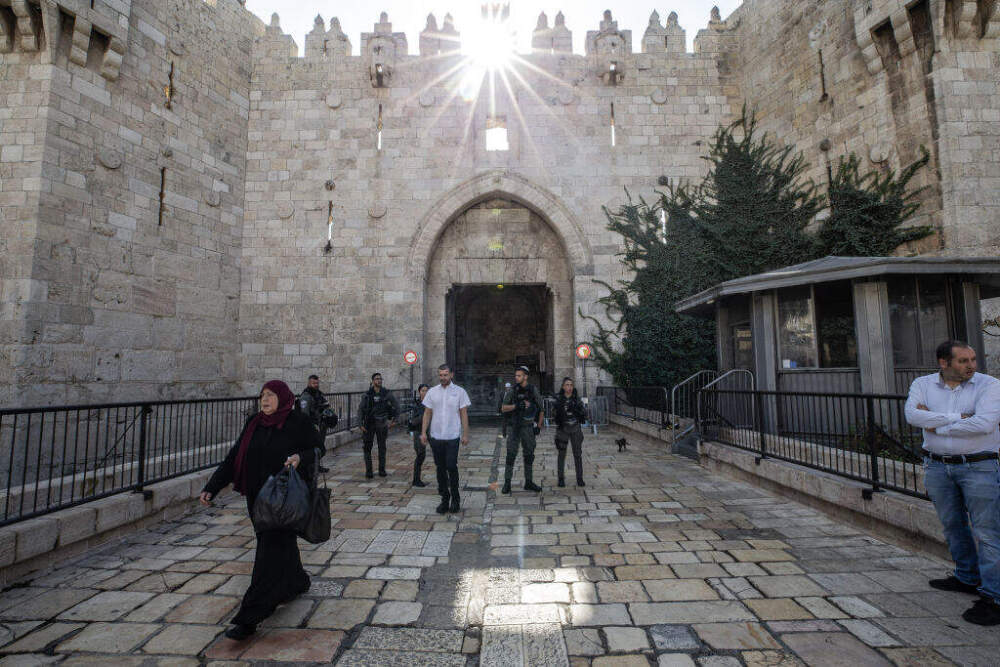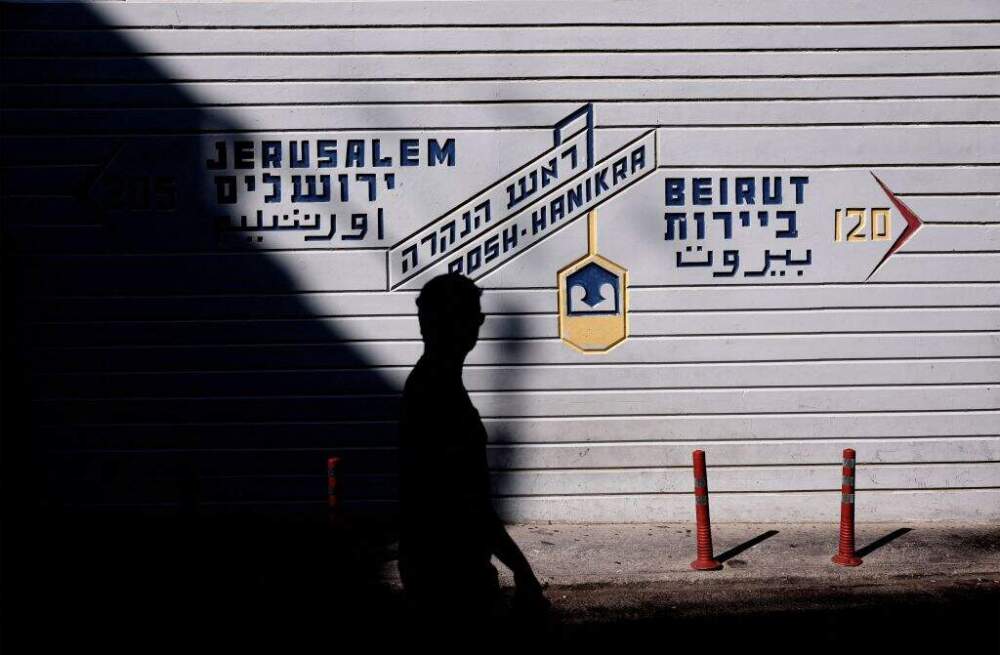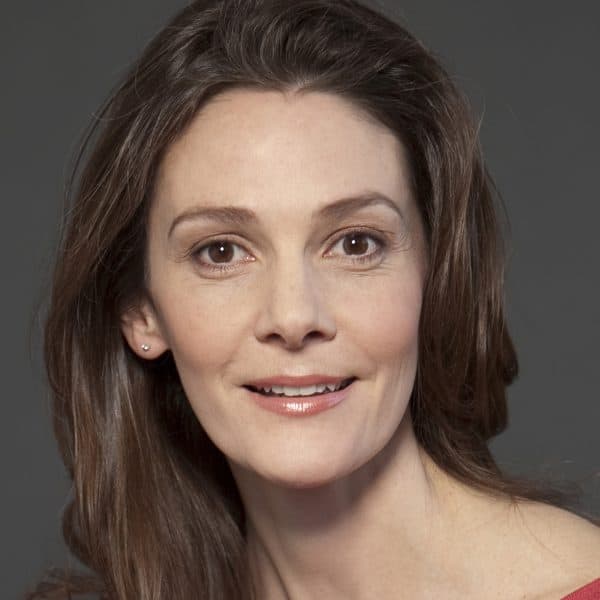Advertisement
Commentary
The fury born of moral certitude

Here is a story of Shifra and Puah, Egyptian midwives who collaborate with Hebrew mothers to resist the Pharaoh’s order to kill all male Hebrew offspring at birth. When asked what gave them the courage to enact this civil disobedience, the midwives explain it came from their sense of wonder — from the pain and life they witness at the birthing stool, where they encounter a power at once more intimate and far greater than any decree.
This story doesn’t appear in the bible. It’s a midrash by Orna Pilz.
When Jews study Torah, it’s traditional to do so alongside midrashim, or commentary, drawn from multiple perspectives over centuries and joined in lively, sometimes contentious, conversation on the page. More broadly, a midrash is a story about a story — any story: The midrashic tradition isn’t limited to religious texts. The importance of interpretation, with its implicit acknowledgment of complexity and diversity, the need to be curious and to ask questions, is deeply valued in Jewish culture.
Since October 7, we have been telling ourselves all kinds of stories about the events that took place in Israel-Palestine on that day. Some of these stories begin on October 7, 2023. Some begin in 2000, or 1987. Or 1973, or '67, or '48, or '47, or '37, or during the Middle Ages or the Ottoman Empire, or before the common era. Where we choose to begin affects our understanding.
Where we locate stories in place also alters their meaning. Some of the stories about October 7 begin at the site of a bulldozer breaking through a fence used to cage civilians. Some begin at a music festival or inside a child’s bedroom transformed into a scene of carnage.
The importance of interpretation, with its implicit acknowledgment of complexity and diversity, the need to be curious and to ask questions, is deeply valued in Jewish culture.
The words we use — these, too, change everything. Do we say unprovoked attacks or resistance to decades of brutal oppression? Do we say terrorists or militants? Illegal occupation or self-preservation?
In other words, real-time midrashim — the frenzied, adrenaline-fueled contemporaneous framings of what is unfolding right now — pit wildly disparate interpretations against one another. The single common thread running through many, if not most, of these stories may be fury. Fury born of moral certitude and of the conviction that anyone offering a different interpretation from ours must be blind or monstrous or both.
But disagreement between opposing political camps is hardly surprising. What’s particularly devastating at this moment is that many progressive people are finding themselves at odds with folks they’ve long considered allies. This goes both ways: some find fellow liberals (including Jews) insufficiently sympathetic toward Israelis; others (including Jews) find fellow liberals insufficiently sympathetic toward Palestinians. And instead of sparking curiosity, these differences are generating grievance: a grievance premised on a zero-sum game, which says compassion for one group must constitute harm against another. A grievance that demands adherence to one story only, and whose enemy is the willingness to entertain multiple perspectives.
Usually thoughtful people are suddenly railing against honoring complexity. They insist that sympathy for all is inherently unjust, whether because it implies false equivalencies between oppressor and oppressed, or because it absolves the subjugated of responsibility and robs them of agency.
And instead of sparking curiosity, these differences are generating grievance: a grievance premised on a zero-sum game, which says compassion for one group must constitute harm against another.
The voices of the enraged are having some success at breaking peacemakers apart. They succeed in Jerusalem when police officers detain members of a joint Palestinian-Israeli organization for the crime of putting up posters stating, in Hebrew and Arabic, “Together, we will get through this.”
They succeed in Tel Aviv when an ultra-Orthodox journalist who says kaddish for all victims of violence, Israeli and Gazan, goes into hiding because of death threats.
They succeed across the United States when diverse groups of students working for justice for Palestine are doxxed and blacklisted, when demonstrators make throat-slitting gestures celebrating Hamas’s murders, and when a prestigious cultural institution cancels a talk by a Pulitzer-Prize winning author after he signed a letter criticizing Israel’s government.
The differences among the progressive left are not insignificant and they should not be elided. They absolutely require our attention and our ongoing curiosity. What they do not require — what all who believe in freedom, justice and the sanctity of life are obligated to resist — is funneling our energies into attacking those with whom we share common cause. That’s not the work. It’s the distraction.
When we notice ourselves getting caught up in such in-fighting we need to ask: Who benefits from driving this wedge between us? In what further harm do we become unwittingly complicit by allowing our energies to be diverted this way?

There’s a story from another religious tradition I’ve been thinking about these days. It’s the Buddhist parable of the second arrow. According to the teaching, the first arrow refers to pain caused by outside circumstances, things beyond our control. The second arrow is more intimate: it refers to suffering caused by our reaction to the pain. In other words, the second arrow, which may compound and complicate the pain exponentially, is produced by the story we tell ourselves about the first.
Over circumstances beyond our grasp, we can do little but anguish. All the more reason we must take good care of what lies near to hand, beginning with the stories we tell. Let us, like Shifra and Puah, take courage from our sense of wonder. Let us choose the stories most likely to help us fathom one another, stirring us to imagine the conditions necessary to bring about real-world healing and justice.
